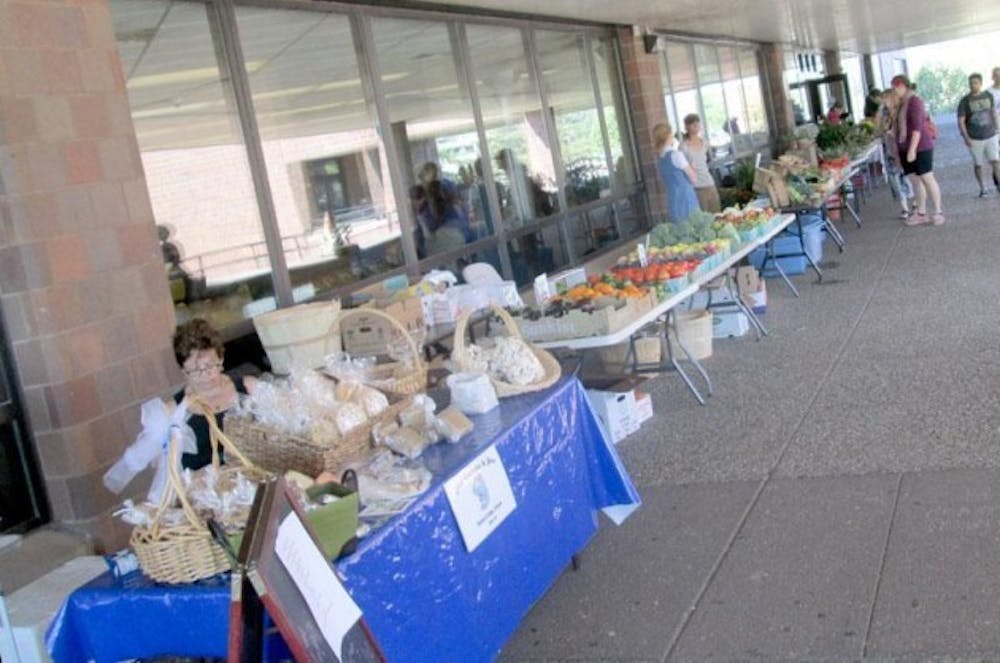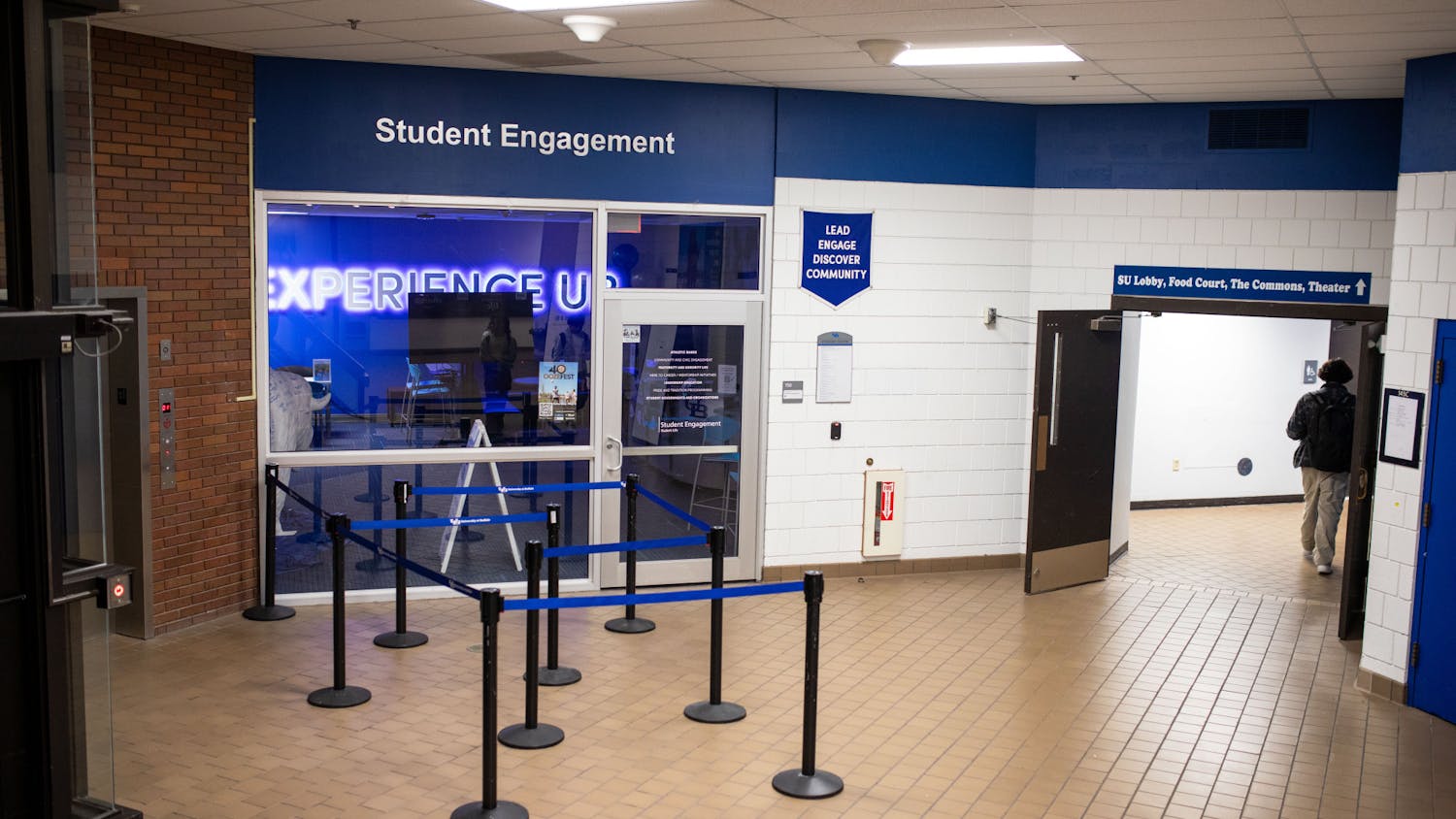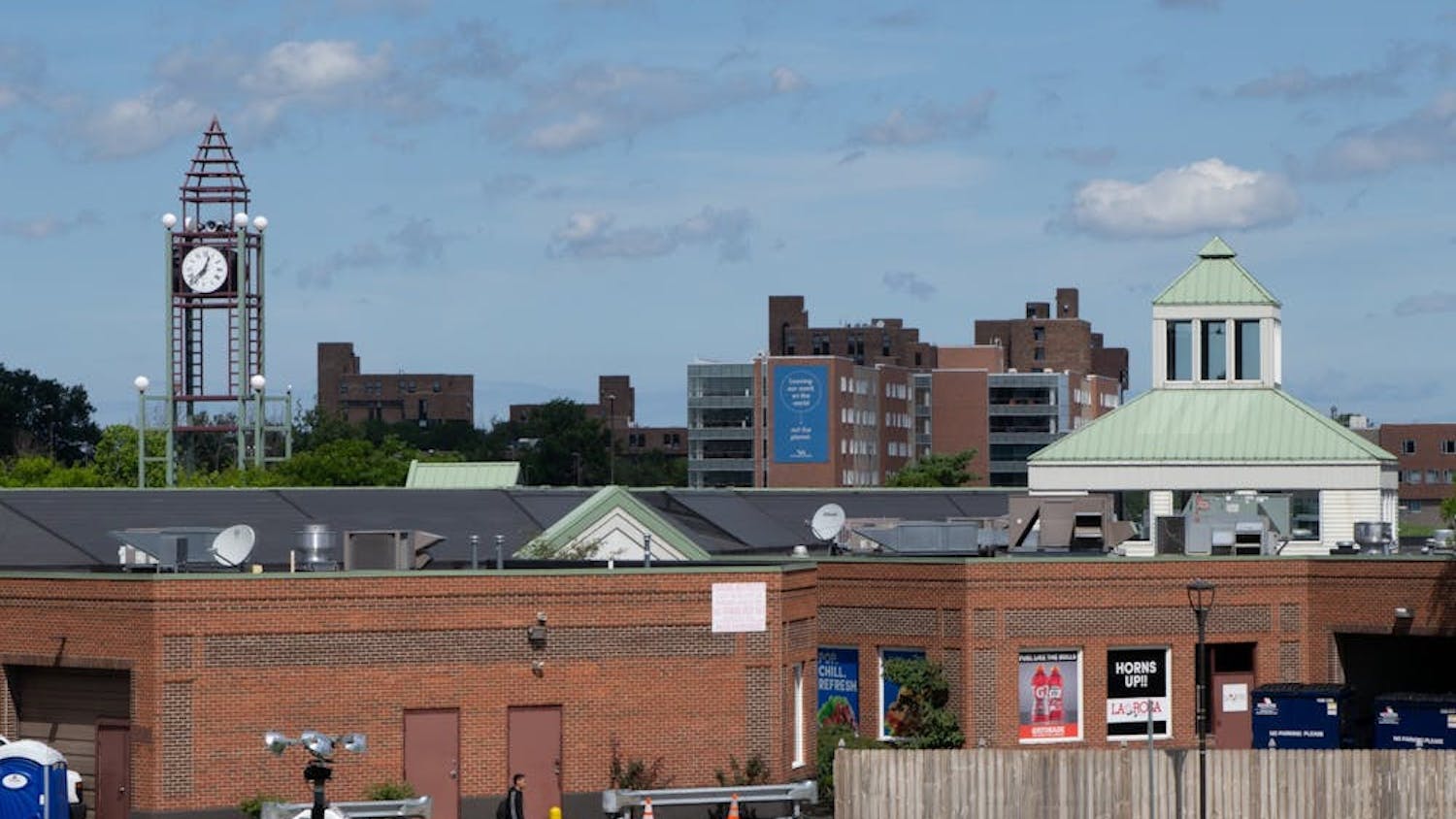There are elementary school children in Buffalo who have never tried chickpeas. They don't even know what zucchini is.
In the inner city of Buffalo, sometimes dinner means getting snacks from the convenience store around the block.
The media has dubbed Buffalo and other similar areas "Food Deserts," communities with little or no access to fresh and affordable healthy foods. Instead, the inhabitants rely on fast food chains and bodegas.
"I don't like the term 'Food Desert,'" said Samina Raja, associate professor of urban and regional planning. "It implies that something is broken or missing from the system. In Buffalo, this is not the case. There are many successful local farms and consumers who want and need healthy food. However, there is a gap in the system."
Affordability of food, cultural preferences and geographical proximity are factors that have contributed to the "Food Desert" label. But there are several dimensions of the term, according to Sara Metcalf, assistant professor of geography.
For urbanites, the lack of supermarkets in their area affects their eating habits significantly. And going to Wegmans and Tops may be difficult for someone who would have to take a bus to the suburbs after a full workday.
The easy solution to hunger becomes a 99-cent bag of Cheetos from the corner store, Raja said.
She said these snacks are cheap on the person's wallet but costly to the local economy and his or her future health.
"By undercutting the local farmer, consumers are taking away a dollar from the local economy and then, in turn, are making sure their own wages never rise because Buffalo sinks together as a whole," she said.
Most people are not aware there is a problem in the food system, according to Raja. Even those who shop at major supermarkets and eat healthy are part of the problem. Wegmans' products travel thousands of miles from where they are produced, costing great amounts of fossil fuels, she said. Additionally, she is concerned about the unknown chemicals and procedures used in production.
Some local farmers, though, are not welcome to sell their goods in the city. Many have been denied entry into the current outdoor markets in Buffalo.
Steve and Erin Blabac own Root Down Farm, a community supported agriculture farm in Clarence. They wanted to sell their produce at a local farmer's market but were not allowed.
The Blabacs resorted to opening wholesale accounts in Williamsville and East Aurora as a way to sell the leftover product after taking care of their shareholding customers.
"Unfortunately, the Elmwood-Bidwell market - the only grower's market in Buffalo - doesn't have a market manager, so they're keeping young farmers like us out even though we will diversify the selection," Erin said.
Barbara Keating, owner of Sweet Temptations du Jour, often bought peaches from the stand next to her at the UB farmers' market last fall with the intention of returning with peach cobbler. Being involved in an open market has given her the opportunity to get fresh ingredients as well as expand her consumer base.
However, Keating is not always able to participate. One of the other big issues with the exclusive urban markets is the high entry fee, she said. The Eastern European baker has paid up to $500 per table for one day at local markets.
Keating felt it was worth the money and would do it again, but she also was denied from the Elmwood-Bidwell market.
"They said they had too many bakers. But what bothers me is that they didn't even ask me what I would bring," she said, while looking down at her table filled with goods such as sugar waffles, sour cream bananas and stove-popped corn with chocolate.
"I think there's a lot of need in Buffalo, but that doesn't mean we should be labeling places as 'deserts,'" Metcalf said. "It's not very constructive."
Keating, the Blabacs and other farmers believe they could help combat the "Food Desert" issue if they were able to personally bring their fresh produce into the city. They agree with Raja and Metcalf, who said the future of the Buffalo food system is not bleak.
Email: news@ubspectrum.com





